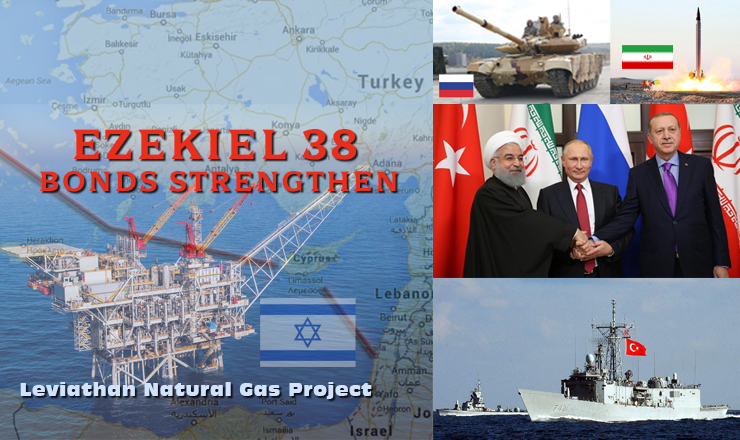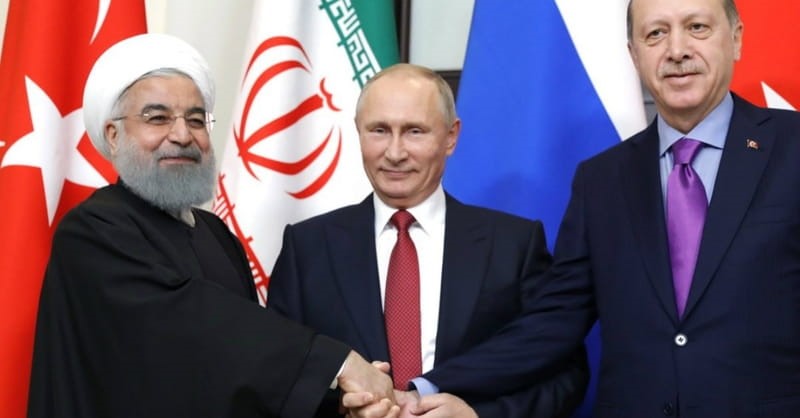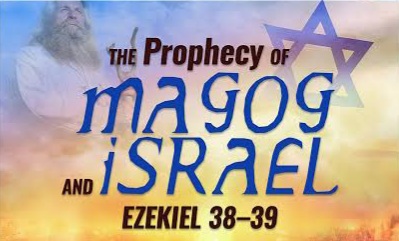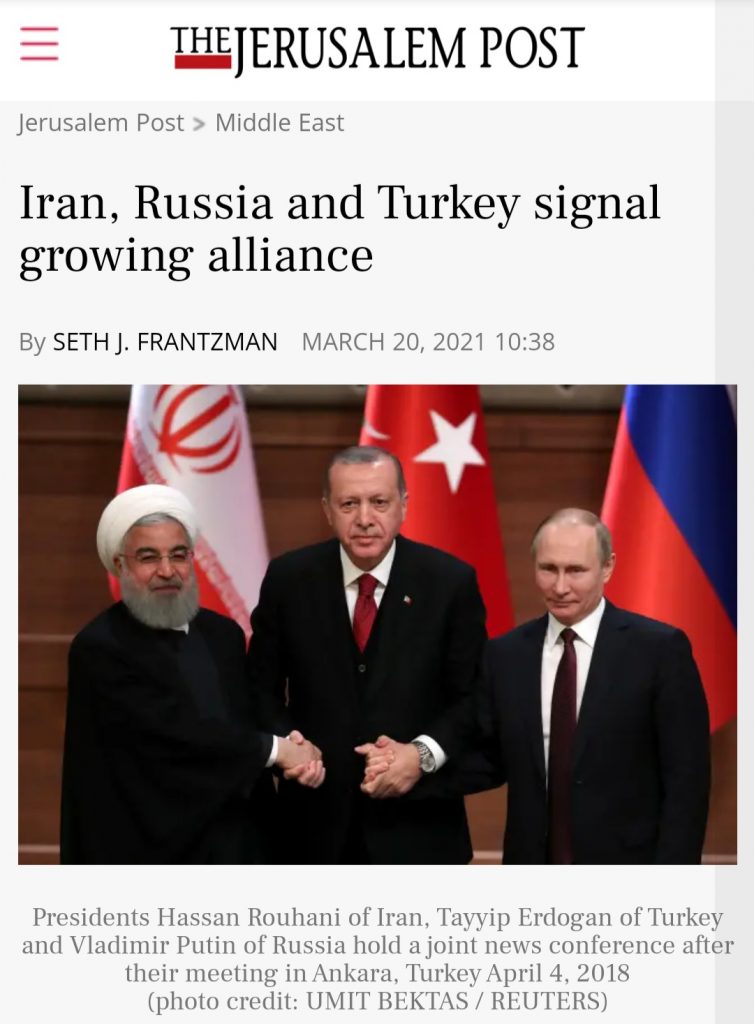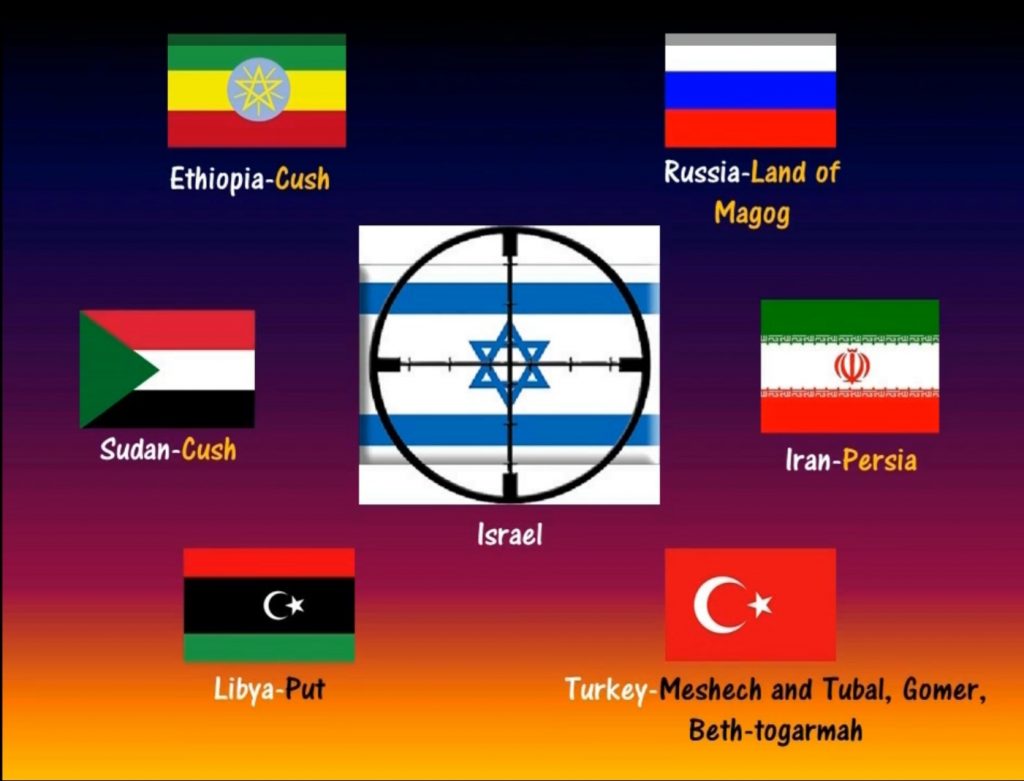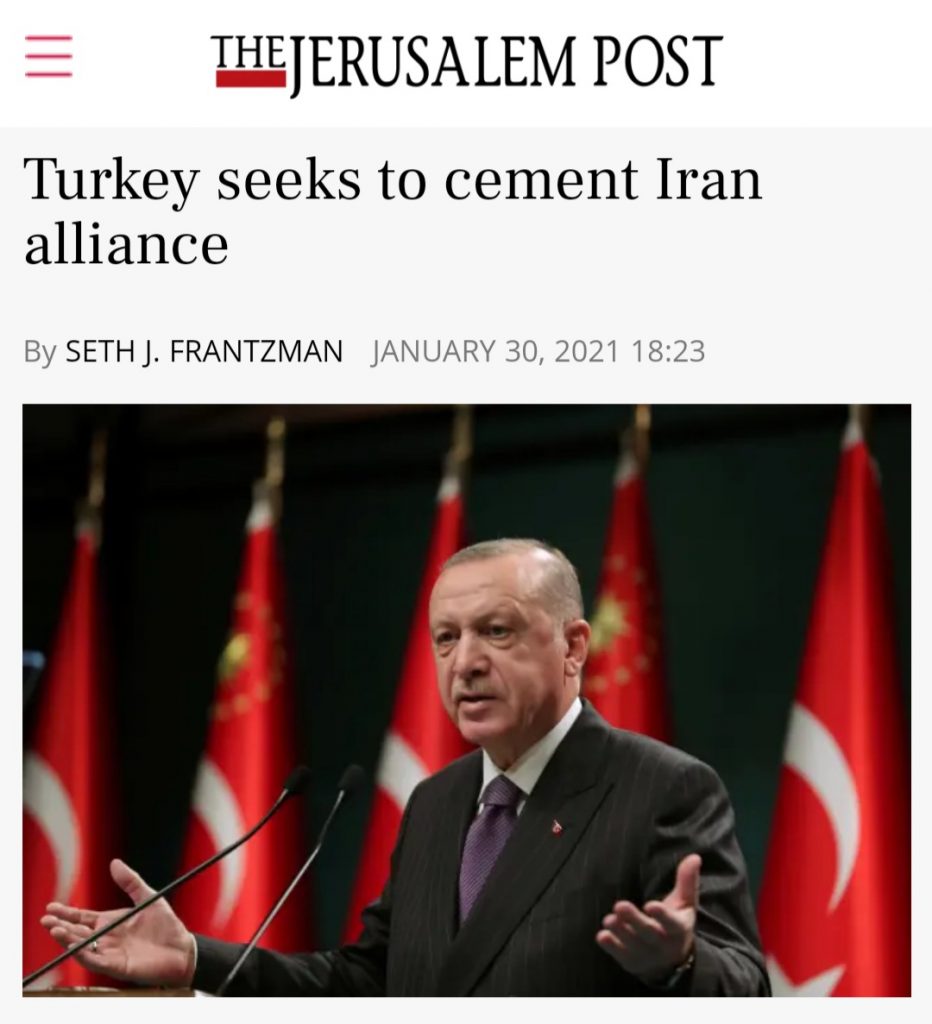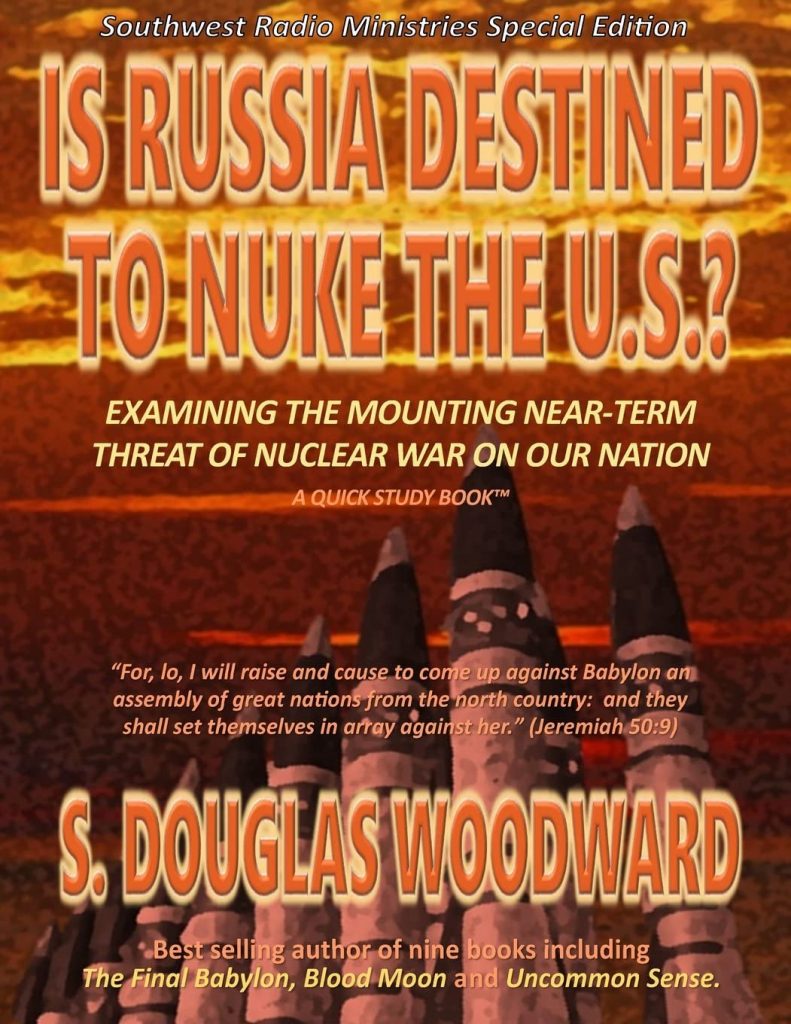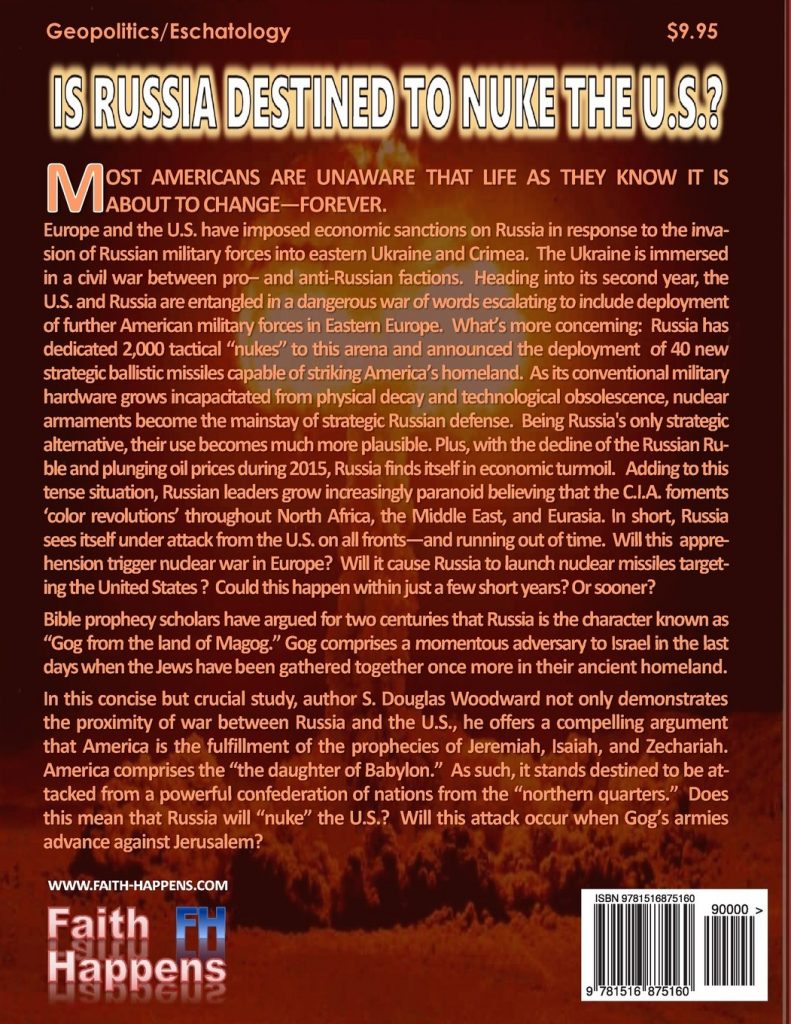“What are Gog and Magog?”
Historically speaking, Magog was a grandson of Noah (Genesis 10:2). The descendants of Magog settled to the far north of Israel, likely in Europe and northern Asia (Ezekiel 38:2). Magog seems to be used to refer to “northern barbarians” in general, but likely also has a connection to Magog the person. The people of Magog are described as skilled warriors (Ezekiel 38:15; 39:3-9).
Gog and Magog are referred to in Ezekiel 38-39 and in Revelation 20:7-8. While these two instances carry the same names, a close study of Scripture clearly demonstrates they do not refer to the same people and events.
In Ezekiel’s prophecy, Gog will be the leader of a great army that attacks the land of Israel. Gog is described as “of the land of Magog, the prince of Rosh, Meshech, and Tubal” (Ezekiel 38:2-3). Ezekiel’s battle of Gog and Magog occurs in the tribulation period, more specifically in the first 3 1/2 years. The strongest evidence for this view is that the attack will come when Israel is at peace (Ezekiel 38:8, 11). The description from Ezekiel is that of a nation that has security and has laid down its defenses. Israel is definitely not at peace now, and it is inconceivable that the nation would lay down its defenses apart from some major event. When Israel’s covenant with the Beast/Antichrist is in effect at the beginning of Daniel’s 70th Week (also known as the 7-year tribulation, Daniel 9:27a), Israel will be at peace.
As mentioned, scripture indicates that this invasion is a separate invasion to ‘the battle of Armageddon’. The timing appears to be around (just before or just after) the start of the last seven years of this age (Daniel’s 70th Week). At the start of this ‘week’ the end-time world dictator makes a covenant with Israel:
That ruler will have a firm agreement with many people for seven years … (Dan 9.27)
This may be a ‘peace’ covenant, but in reality it is a ‘covenant with hell’ (Isa 28.11)!
According to Ezekiel, Gog will be defeated by God Himself on the mountains of Israel. The slaughter will be so great it will take seven months to bury all of the dead (Ezekiel 39:11-12)!
Gog and Magog are mentioned again in Revelation 20:7-8. The duplicated use of the names Gog and Magog in Revelation 20:8-9 is to show that these people demonstrate the same rebellion against God and antagonism toward God as those in Ezekiel 38-39.
The book of Revelation uses Ezekiel’s prophecy about Magog to portray a final end-times attack on the nation of Israel (Revelation 20:8-9). The result of this battle is that all are destroyed, and Satan will find his final place in the lake of fire (Revelation 20:10). It is important to recognize that the Gog and Magog of Ezekiel 38-39 is quite different from the one in Revelation 20:7-8. Below are some of the more obvious reasons why these refer to different people and battles.
In the battle of Ezekiel 38-39, the armies come primarily from the north and involve only a few nations of the earth (Ezekiel 38:6, 15; 39:2). The battle in Revelation 20:7-9 will involve all nations, so armies will come from all directions, not just from the north.
There is no mention of Satan in the context of Ezekiel 38-39. In Revelation 20:7 the context clearly places the battle at the end of the millennium with Satan as the primary character.
Ezekiel 39:11-12 states that the dead will be buried for seven months. There would be no need to bury the dead if the battle in Ezekiel 38-39 is the one described in Revelation 20:8-9, for immediately following Revelation 20:8-9 is the Great White Throne judgment (20:11-15) and then the current or present heaven and earth are destroyed, replaced by a new heaven and earth (Revelation 21:1). There obviously will be a need to bury the dead if the battle takes place in the early part of the tribulation, for the land of Israel will be occupied for another 1,000 years, the length of the millennial kingdom (Revelation 20:4-6).
The battle in Ezekiel 38-39 is used by God to bring Israel back to Him (Ezekiel 39:21-29). In Revelation 20, Israel has been faithful to God for 1,000 years (the millennial kingdom). Those in Revelation 20:7-10 who are rebellious are destroyed without any more opportunity for repentance.
The rise of the Gog of Magog Coalition:
More than 2,600 years ago, the prophet Ezekiel warned of a future time when a vast coalition of nations will attack Israel. The leader of this coalition is a man known as Gog, the ruler of Magog (Ezekiel 38:1).This is why the invading force is known as the Gog of Magog coalition. According to Ezekiel this alliance will send an overwhelming force to invade Israel in the last days. And while the whole world watches, God Himself will destroy the invaders (Ezekiel 38:18-23).
For the first time in human history, we see this alliance forming!
The Invading Nations….
Ezekiel identifies these nations as “Magog, Rosh, Meschech, Tubal, Persia, Cush, Put, Gomer, and Beth-togarmah” (Ezekiel 38:1-6).So who are they?
While the names of these nations have changed over the years, we can still locate them on a map. Below is a list of each nation, followed by its modern day name:
Rosh = Russia Magog = Kazakhstan, Uzbekistan, Turkmenistan, Kyrgyzstan, Tajikistan, and Afghanistan
Persia = Iran
Cush = Sudan
Put = Libya
Meshech, Tubal, Gomer, and Beth-togarmah = Turkey
It’s been centuries since Ezekiel first recorded these prophecies. Yet, this alliance has never existed. And it certainly hasn’t invaded Israel. But today? Today, we see this alliance coming together. A Developing Alliance: Until recently, the nations of Russia and Persia had never formed an alliance of anysort. Economic and military cooperation between Persia (Iran) and Rosh (Russia) had never taken place. But around 1989, this started to change.
Today, Iran and Russia are strong allies. In 1995, the Russian Ministry for Atomic Energy signed an agreement with Iran to finish the Bushehr nuclear power plant. Construction on the plant came to an immediate halt after the 1979 Islamic revolution. But today, thanks to Russia, work is once again in progress. The ongoing civil war in Syria is another area of cooperation between the two countries. Russia has a vested interest in retaining access to the Syrian naval base in Tartus and stopping the spread of ISIS. As along time ally of Syrian President Bashar Assad, Iran also has military forces in Syria. Iran is also the primary sponsor of Hezbollah, a radical terrorist organization. Hezbollah has openly operated in Syria under Assad. So Russia and Iran share a common interest when it comes to keeping Assadin power. Because of their common interests, it’s easy to see why this alliance will eventually attack Israel. Russian leader Vladimir Putin is determined to restore the former glory of the Soviet Union. But NATO blocks his expansion to the west, and China blocks his expansion to the east. However, Putin could move south and take all the oil wealth of the Middle East. Only one thing stops him – Israel. It’s clear why Russia wants to eliminate Israel. What about the other nations? It’s easy to see why they’ll join an invasion force. Religious ideology alone is reason enough. Iran and the other Muslim nations in the Gog of Magog alliance are committed to the total destruction of Israel .At least, all except one. Of all the members of the Gog of Magog coalition, Turkey is the most interesting. Why? Because in 1949, Turkey became the first Muslim majority country to officially recognize Israel. Turkey and Israel have a long history of diplomatic, economic, and military cooperation. Turkey is also a member of NATO. And what is the purpose of NATO? Its stated purpose is to defend member nations against Russian aggression. So why would Turkey join a Russian alliance to invade Israel? For years, those who study bible prophecy have asked this same question. It just doesn’t make sense. But that’s changing. Events from the last few years and months provide some clues as to how it might happen.
Turkish forces are involved in the ongoing conflict in Syria. Turkey supports forces fighting against the Russian and Iranian backed Syrian government. Yet, the Bible says these three nations will be the principal players in an invasion of Israel. What might bring them together? One possibility is the transformation of Turkey from a secular democracy to an Islamic theocracy. In July 2016, Turkish President Recep Tayyip Erdogan cracked down on his political opponents following what he claimed was a coup attempt. Erdogan imprisoned thousands of citizens and consolidated his grip on power. Turkey, once hailed as the model of democracy in the Muslim world, is now a dictatorship. And Erdogan, a former member of a banned Islamist political party, has turned away from Turkey’s traditional western allies and cultivated a much more friendly relationship with Russia.
Erdogan’s rise to power threatens to destroy Turkey’s secular government and replace it with an Islamist state. In recent months, strained relations between Turkey and the United States have led to the mutual suspension of non-immigrant visas between the two countries. Turkish bodyguards beat up American protestors in Washington, DC, and a Turkish court convicted a Wall Street Journal reporter.
Another reason for Turkey to have joined the alliance is a mutual hatred of the Kurds. The Kurdish people live primarily in areas of Turkey, Syria, Iraq, and Iran. With regional powers focused on stopping ISIS, the Kurds may see an opportunity to declare their independence and establish an independent state. If they try, Turkey and Iran will unite to stop them. After all, such a state will come at the expense of Turkish and Iranian territory. This end times alliance will invade Israel and the current Syrian conflict features Russian, Iranian, Turkish, and Israeli military forces. With the three largest members of the Gog of Magog alliance currently in Syria, the stage is set for a surprise attack on Israel from the north.
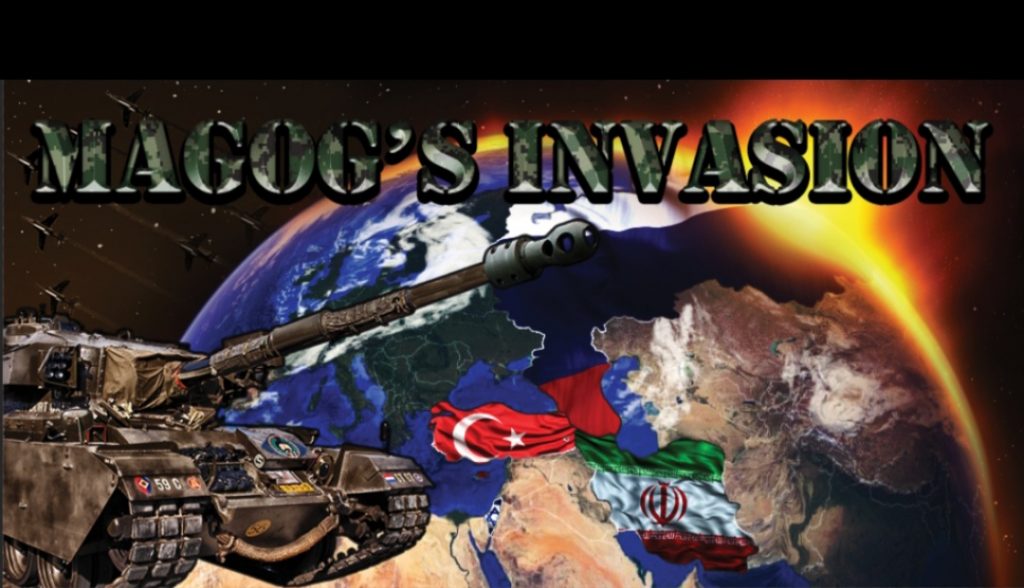
When Will All This Happen?
This attack takes place at a time when Israel is living in a time of “safety” and are “peaceful” and “unsuspecting”. So when will this invasion take place? The Bible says it will come “in the latter days” (Ezekiel 38:8). The original Hebrew word in this verse is “acharith” which means “after-part, latter part, last, close, or end.” In other words, this alliance will form in the last days just prior to the return of Jesus Christ. Ezekiel uses this same word “acharith” eight verses later, when he says the invasion will come “in the last days” (Ezekiel 38:16).
According to the prophecy contained in the 38th and 39th chapters of the Book of Ezekiel, on a “distant day” when the Jewish people are living secure in Israel, Gog will invade Israel and God will furiously retaliate against them. The invaders will be destroyed and the Jews will spend months burying the dead. Repeatedly God declares that through the battle “the nations shall know that I the Lord am holy in Israel.”
“The 38th and 39th chapters of Ezekiel [Ezek. 38; Ezek. 39] record considerable prophetic detail relative to this great war. It should be noted that it is to take place ‘in the latter years’; that it will be fought in the ‘mountains of Israel’ against those who have been gathered to the land of their ancient inheritance; that the land of Israel shall be relatively unprotected, a ‘land of unwalled villages’; that Gog and Magog shall come ‘out of the north parts’ in such numbers as ‘to cover the land’ as a cloud; that the Lord will then come, and all men shall shake at his presence; that there will be such an earthquake as has never before been known, which will throw down the mountains; that there will be pestilence, blood, fire, and brimstone descend upon the armies; that the forces of Gog and Magog will be destroyed upon the mountains of Israel and that the house of Israel will be for seven months burying the dead and seven years burning the discarded weapons of war.
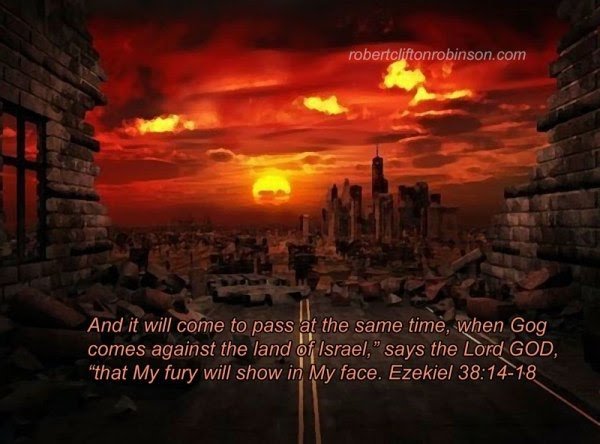
This is confirmed again when Ezekiel reveals the Russian leader’s thoughts. Gog says to himself, “I will attack the once abandoned cities now populated with the Jews who returned from exile among the nations” (Ezekiel 38:12). This tells us Russia and its allies will attack the land when it’s filled with the exiles who return from among the nations. Any idea who these exiles are? That’s right. The target can only be modern day Israel. This means the invasion is coming in our day and time. Ezekiel stresses this fact again and again when He says the invasion will occur “after Israel’s people have been gathered from among many nations” (Ezekiel 38:8) and “when I bring my people home from among the enemy nations” (Ezekiel 39:27). This return home from among many nations has happened only once in all of human history – modern day Israel.
Conclusion…
The rise of the Gog of Magog alliance is a major sign of the end times and the Second Coming of Jesus Christ. Ezekiel said this coalition will attack Israel “in the last days” (Ezekiel 38:16) “after they’ve been gathered from among many nations” (Ezekiel 38:8). The prophet Jeremiah spoke about this same regathering from among the nations. He said God would “gather the remnant of His flock from the nations where he had driven them and bring them back into the land” (Jeremiah 23:3-4). The modern day nation of Israel is the fulfillment of God’s promise to regather His people back in the land of Israel. So it should come as no surprise to see Russia, Iran, Turkey, and the other nations Ezekiel noted gathered on Israel’s northern border, engaged in war and preparing for war!
Ezekiel 38:4 “And I will turn thee back, and put hooks into thy jaws, and I will bring thee forth, and all thine army, horses and horsemen, all of them clothed with all sorts of armour, even a great company with bucklers and shields, all of them handling swords:”
WHAT PLUNDER?
While Israel is a supremely successful agricultural, technology, and business start-up country, it has always relied entirely on imported energy sources. Jewish rabbis have often joked that God blessed them with milk and honey but accidentally gave all of the oil to the Arab countries.
However, in 2009, a natural gas field large enough to fill 40 percent of Israel’s energy needs was discovered. The Tamar field, 15 miles off of the coast of Israel, was the first of several such fields Israel would discover in 2012 and 2013. But wait—there’s more! In 2015 a massive oil reserve ten times larger than average oil fields in other parts of the world was discovered in the Golan Heights!
What that all means in concrete terms is this—prior to 2009, Israel had to import energy. But by 2019, she will be a major exporter of energy. All of this amidst reports that oil production in the surrounding countries will peak in a few short years, and the fact that Israeli energy exports to Europe will cut directly into Russia’s oil sales, which are its main source of national (ie. military) funding.
With that in mind, read this telling verse found in the Ezekiel account, “Sheba and Dedan and the merchants of Tarshish and all her villages will say to you, “Have you come to plunder (Ezekiel 38:13)? Sheba and Dedan are modern-day Saudi Arabia.
In other words Saudi Arabia merely protest the invasion and this verse gives us insight into the fact that Russia will be after something valuable that Israel has. Could it be oil and gas? Experts differ on what keeps America from intervening in the conflict. My view is that America will have been crippled by the rapture (and related events) and unable to come to Israel’s aid.
Perhaps the energy factor—along with the recent escalations of conflict and the partnerships Russia is forming with Iran, Turkey, and other Islamic countries (who have a satanic hatred for Israel)—is the “hook in the jaw” mentioned in 38:4 that “turns” him around from his country’s affairs and draws this end-time Russian leader into war.
